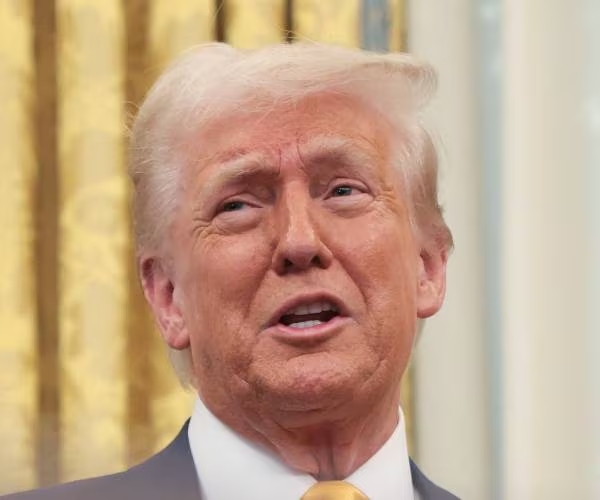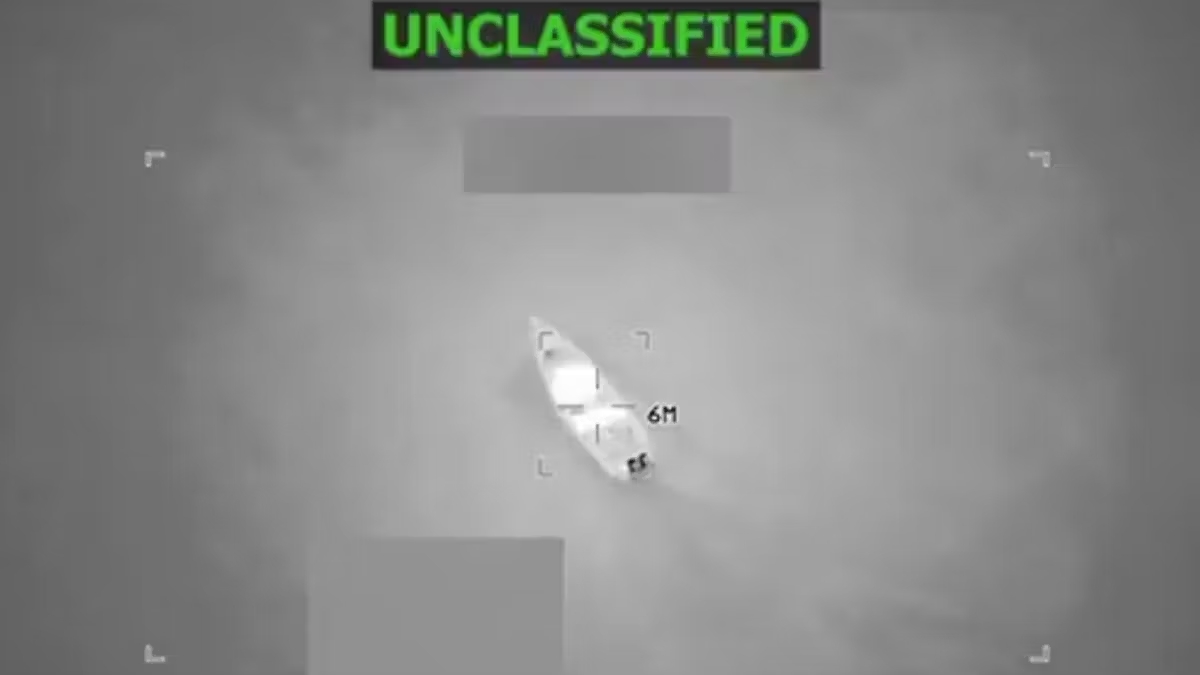President Donald Trump’s planned deployment of federal forces to San Francisco to combat rising crime has been delayed following influential calls from tech leaders and the city’s mayor, Daniel Lurie. In a shift from his earlier stance, Trump confirmed that after conversations with prominent figures like Jensen Huang, CEO of Nvidia, and Marc Benioff, CEO of Salesforce, he would hold off on sending in troops to allow the city’s local efforts a chance to work.
"I got a great call from some incredible people," Trump said at the White House on Thursday, noting that these business leaders had informed him that San Francisco was actively working to reduce crime. Trump expressed his willingness to give the city more time, stating, "We're going to let them see if they can do it," adding that he could revisit the situation if things "don’t work out."
The federal intervention had been planned for Saturday, but Trump did not clarify whether it was related solely to National Guard troops or if other immigration enforcement measures were also part of the potential action. The administration had previously announced the arrival of Customs and Border Protection agents at a U.S. Coast Guard base near the city, drawing protests.
San Francisco Mayor Daniel Lurie, who has focused on local issues such as public safety and economic recovery, was a key figure in influencing Trump’s decision. Lurie, a centrist Democrat with a strong track record of working across political lines, emphasized that crime had dropped significantly, with overall crime down by 26% compared to last year and car break-ins at a 22-year low. Lurie credited San Francisco's own recovery efforts, including revitalizing business districts and luring workers back to offices, and assured Trump that the city welcomed cooperation with federal agencies like the DEA to combat illegal narcotics.
However, Lurie expressed concern about the potential negative impact of military and militarized immigration enforcement on the city’s recovery. "Having the military and militarized immigration enforcement in our city will hinder our recovery," Lurie said, stressing the importance of keeping local efforts intact.
Trump seemed to respect Lurie’s stance, praising the mayor's leadership. "I love what you're doing, I respect it, and I respect the people that are doing it," he said following their conversation. While Trump expressed his confidence in Lurie’s approach, he also warned that if local efforts faltered, the federal government would act quickly to "take criminals out."
Not everyone agreed with the president’s decision to hold off. San Francisco Supervisor Connie Chan, a progressive voice in the city, expressed skepticism, stating, "We cannot trust Trump." Other more left-wing officials, such as Supervisor Jackie Fielder, criticized Lurie’s willingness to collaborate with federal law enforcement, calling it "a dangerous invitation to a fascist administration."
While business leaders like Benioff of Salesforce had previously suggested that National Guard troops might help reduce crime ahead of major events, Benioff quickly reversed his position after facing backlash. The president, however, remained steadfast in his assessment that the city’s tech leaders had a genuine desire to see local efforts succeed, stating, "They want to do it, and I’m so honored to let you do it."
Trump also refrained from commenting on other Bay Area cities, such as Oakland, where he had similarly threatened federal intervention. His stance on San Francisco, however, highlights the influence that local leaders, including tech executives, continue to wield in shaping the president’s approach to law enforcement and crime in major cities.
With the decision to delay federal action, Trump has given San Francisco a chance to prove its ability to manage its crime issues without the heavy hand of federal intervention—at least for now.


